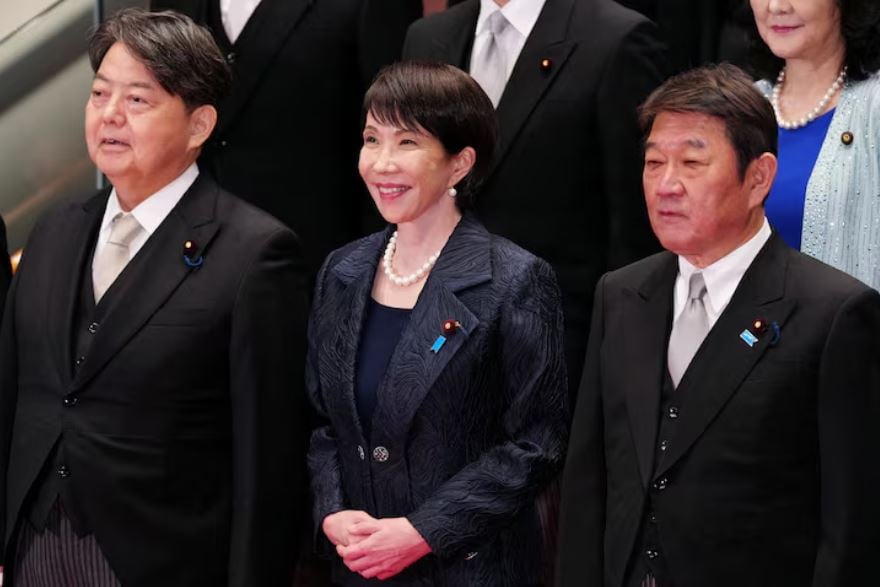In a significant development regarding anti-corruption efforts, Manadhoo MP Husni Mubarak expressed strong support for the government's proposed amendment to the Anti-Corruption Commission (ACC) Act during a parliamentary debate today. The amendment, put forward by Felidhoo MP Adam Zahir on behalf of the government, aims to enhance the operational framework of the ACC.
Speaking in favor of the bill, Husni highlighted the practices in countries such as Singapore and Malaysia, where the heads of anti-corruption commissions are appointed on the advice of their prime ministers. He argued that the Maldives’ proposed approach aligns with global best practices, emphasizing that the amendment is not unprecedented.
Husni clarified that the proposed legislation does not grant the President exclusive authority to appoint the ACC President and Vice-President. Instead, he explained that these key positions would still involve a parliamentary process, as the President will send nominees to Parliament for approval. This measure, according to Husni, will bolster the independence and efficacy of the commission.
The proposed amendment is poised to reinforce the commission's mandate, reflecting the government’s commitment to transparency and accountability in public service. As the legislative process unfolds, the decision regarding the appointment of the ACC Chairman and Vice-Chairman will ultimately be subject to parliamentary approval, ensuring a system of checks and balances.
Speaking in favor of the bill, Husni highlighted the practices in countries such as Singapore and Malaysia, where the heads of anti-corruption commissions are appointed on the advice of their prime ministers. He argued that the Maldives’ proposed approach aligns with global best practices, emphasizing that the amendment is not unprecedented.
Husni clarified that the proposed legislation does not grant the President exclusive authority to appoint the ACC President and Vice-President. Instead, he explained that these key positions would still involve a parliamentary process, as the President will send nominees to Parliament for approval. This measure, according to Husni, will bolster the independence and efficacy of the commission.
The proposed amendment is poised to reinforce the commission's mandate, reflecting the government’s commitment to transparency and accountability in public service. As the legislative process unfolds, the decision regarding the appointment of the ACC Chairman and Vice-Chairman will ultimately be subject to parliamentary approval, ensuring a system of checks and balances.


















